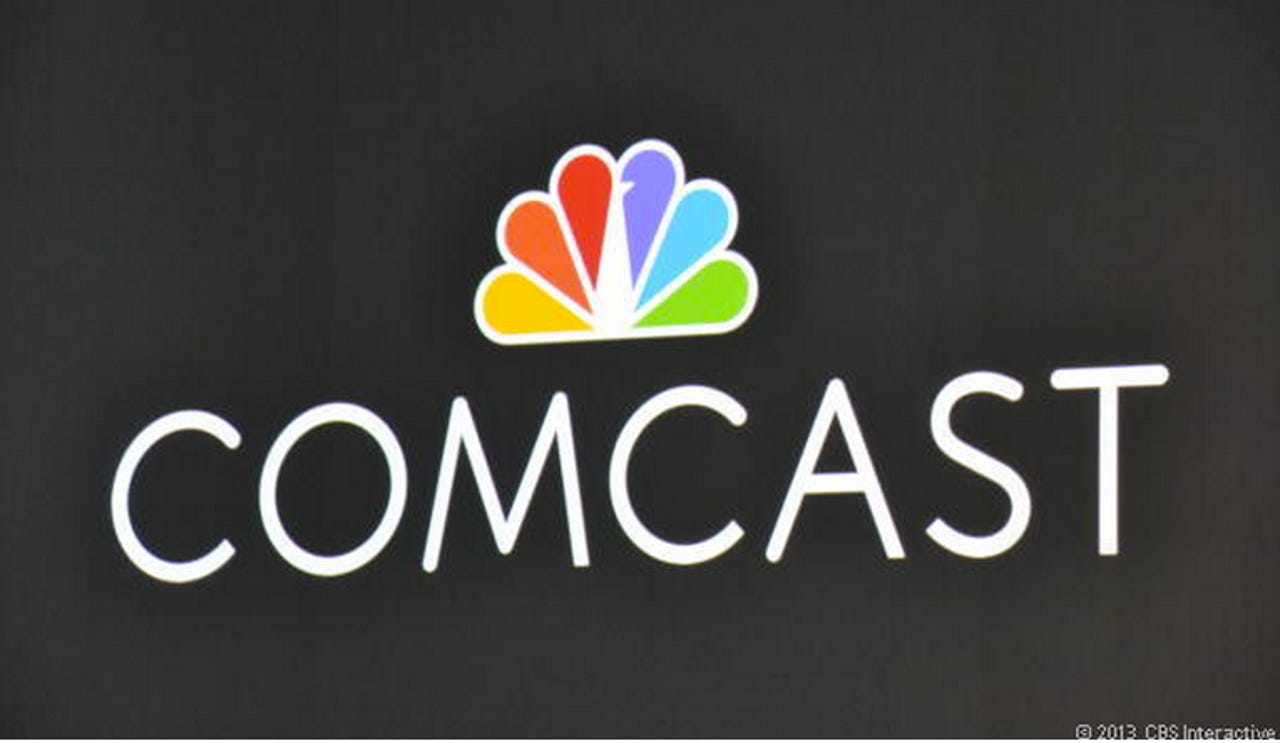Comcast pushes ahead with Time Warner deal despite net neutrality row


Comcast says the company is moving "full steam ahead" with the proposed acquisition of Time Warner Cable, despite uncertainties stemming from the net neutrality debate in the United States.
According to the Associated Press, Comcast CEO Brian Roberts told reporters during a presentation Wednesday in San Francisco that the US broadcaster intends to press ahead with the $45.2 billion acquisition of rival Time Warner Cable.
Revealed in February, the merger will see Comcast swap 2.875 shares for each Time Warner Cable share. Comcast touted the proposal as a way to improve service levels for consumers and save approximately $1.5 billion in costs.
The proposed buyout will give Comcast 11 million additional subscribers across the United States.
However, rivals have warned that the deal is anti-competitive and will damage the media and communications industries if US regulators approve the merger. Dish Network, for example, has warned the Federal Communications Commission (FCC) that the buyout could "significantly damage competitive development of over-the-top (OTT) video — services such as Netflix and Hulu — and limit consumer access to online video programming."
Roberts still expects the deal to be signed and finalized by March next year, and in order to ensure the merger takes place, Comcast will still spend roughly $20 billion during the next two years to improve its Internet service and other consumer products.
The proposed Comcast-Time Warner deal is swathed in uncertainty, just as the position of many Internet service providers (ISPs) in the US, due to the continuing battle on net neutrality. It has been speculated that until this argument is settled, the deal may be in jeopardy.
Net neutrality is the principle of treating all Internet traffic the same way. The latest proposal by the FCC — which has been delayed due to public backlash — would allow ISPs to charge companies, such as content providers including Netflix, for priority speeds and web access. As long as these companies can pay the bill, subscribers to their services will not experience low speeds.
Supporters of the legislation argue that this would result in improved services for data-heavy content, but critics argue this could result in speed throttling and blocks that could send content providers under — or provide an anti-competitive edge for ISPs providing their own content. In theory, content provided by an ISP or partner could be streamed at higher speeds than media produced by third-parties or rivals.
While Comcast, AT&T and other major US ISPs have said they have no plans to create toll-based Internet fast lanes, US President Obama does not take such statements at face value. Obama has called for the FCC to create tough legislation to protect the principle of net neutrality, as the US leader views Internet access as a utility that must be protected. Last week, Obama said:
The time has come for the FCC to recognize that broadband service is of the same importance and must carry the same obligations as so many of the other vital services do.
The Comcast chief might be staying the course, but this contrasts with AT&T's rapidly altered business plans. On Wednesday, the US carrier admitted the firm was delaying plans to install high-speed fiber in 100 cities across the United States until the net neutrality debate is resolved.
Roberts said at the meeting that he did not know why Obama is pushing for regulatory barriers.
"We are trying to work with the FCC, with the Congress, with the administration to forge an outcome that everyone can live with and doesn't do harm to the investment cycle and innovation cycle," Roberts said.
On Wednesday, FCC Chairman Tom Wheeler told executives from major web firms that the agency is considering a solution to the problem which takes into account not only the president's wishes, but concerns registered by ISPs and other companies — but as an "independent agency," new legislation may not be to the White House's liking.
Read on: In the enterprise
- AT&T halts fiber investment until net neutrality argument settled
- Verizon, Amazon, Apple hand out tech freebies ahead of Black Friday
- Google lures startups to cloud following with $100,000 credit
- FCC pushes back against Obama on net neutrality
- Enterprise network security takes backseat to speed: McAfee
- Samsung retaliates against Nvidia with chip patent lawsuit